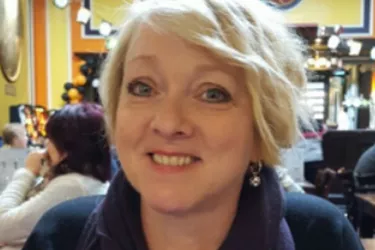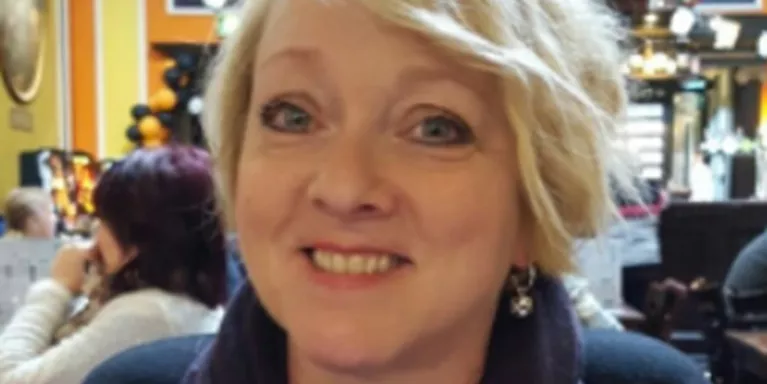Disability and discrimination
For International Day of Disabled people, Denise shares her experience of facing discrimination for her mental health problem when applying for a new job and explains how important it is to know you're disabled under the law as a person with mental health problems.
Denise is a mental health campaigner who lives on a house boat in Bristol.
I've been a qualified mental health nurse for years and was thrilled to be offered my dream role after an interview. The interview went well and as expected – I'm very skilled at what I do and had recently been to university to improve these skills further. I successfully secured the job, but I was shocked and upset when after some medical questions they retracted the offer.
I'd filled in an occupational health form after the interview, and rather than questions about how I could be supported in the role, they simply withdrew the offer. There was no opportunity for me to explain that I would be perfectly able to manage in the role. They made stigmatising and inaccurate assumptions about how my mental and physical health would impact on my ability to carry out the role, including the shifts and hours.
I have Bipolar type II - I was diagnosed when I was around 25, but I'd experienced mental health problems since age 16. I experience depression more often than mania, and take antidepressants which keep me reasonably well most of the time.
"I hadn't felt able to be honest with employers about my mental health."
I also have physical health problems - fibromyalgia, mobility issues and inflammatory bowel disease. Because of this my energy levels vary a lot.
In the past I hadn't felt able to be honest with employers about my mental health. Despite campaigning with anti-stigma campaigns like Time to Change, I didn't feel comfortable disclosing my personal experiences. But this didn't sit well with me and I wanted to be able to be honest with my employer.
I can work really hard and really well when I'm well. I just need a listening ear every now and again. All I wanted was to be open and know that people are aware of the support tools I need. It doesn't necessarily mean I'm going to need loads of time off.
"I found a solicitor who would take on the case."
When I went for this new role, I had been a nurse for over 30 years and knew that I would be able to carry out all of the responsibilities. I was delighted when I was offered the job. But as soon as I mentioned my mental health problems, they changed their mind. I couldn't believe it. It was a horrendous experience and I knew I'd been treated unfairly. Thankfully, from previous work with a union I knew that under the Equality Act 2010 I was protected by the characteristic of disability. So I sought advice, first from Acas who provide free employment advice, and then I reached out to solicitors. I found a solicitor who would take on the case on a no win, no fee basis, and she was clear that I had been discriminated on the basis of disability.
The employer refused to acknowledge that I was covered by the Equality Act and attempted to claim that they couldn't employ me due to health and safety reasons. This simply wasn't true.
"Many people with mental health problems don't even realise that they're disabled under the law."
Through an employment tribunal I was able to show that I had been discriminated against by the employer and I received compensation. But it should never have gotten that far. I should never have been put through this. I know that other people might not have been able to go through the process of an employment tribunal. Misconceptions and a lack of awareness about hidden illnesses mean that many people with mental health problems don't even realise that they're disabled under the law.
I've been left damaged beyond belief by this experience, but I hope that I can help others to understand how they are protected by the law. Luckily I've had the support of my adult son, Ben. Even though he's moved away, I still see quite a lot of him and we have a really good relationship.
"We need to see employers understanding their responsibilities."
Whilst I'm not able to work anymore, I want everyone with a mental health problem to be able to be open with their employer and receive the support they need.
People need to know their options and that they're covered by the protections in the Equality Act.
We need to see employers understanding their responsibilities to support and make adjustments for their disabled staff - and that includes those of us with mental health problems.

See what we're campaigning on

Our campaigns
We'll fight your corner. We believe everyone with a mental health problem should be able to access excellent care and services. We also believe you should be treated fairly, positively and with respect.
Share your story with others
Blogs and stories can show that people with mental health problems are cared about, understood and listened to. We can use it to challenge the status quo and change attitudes.

















